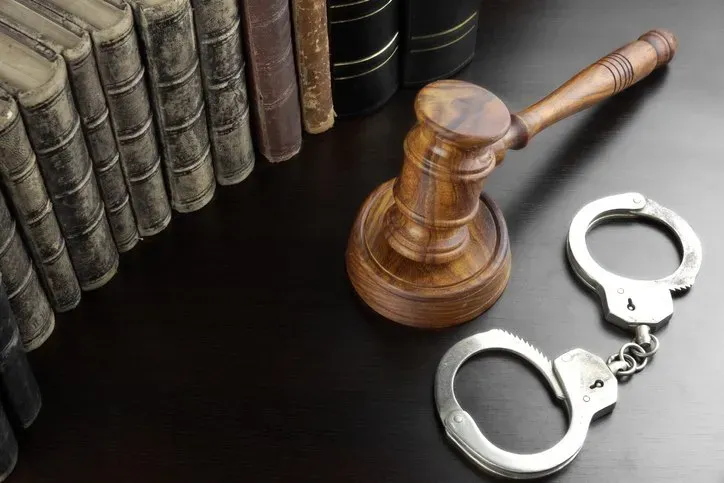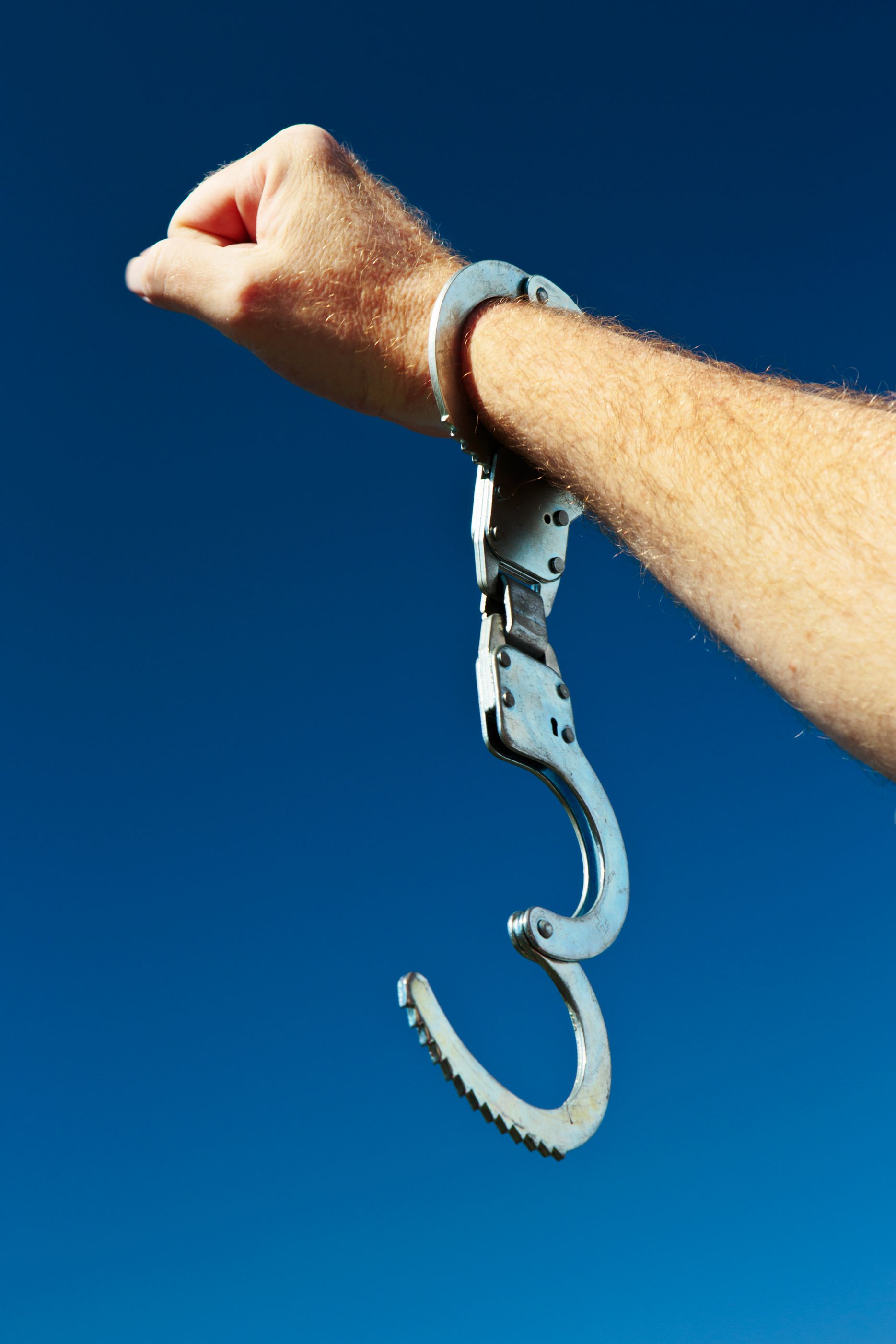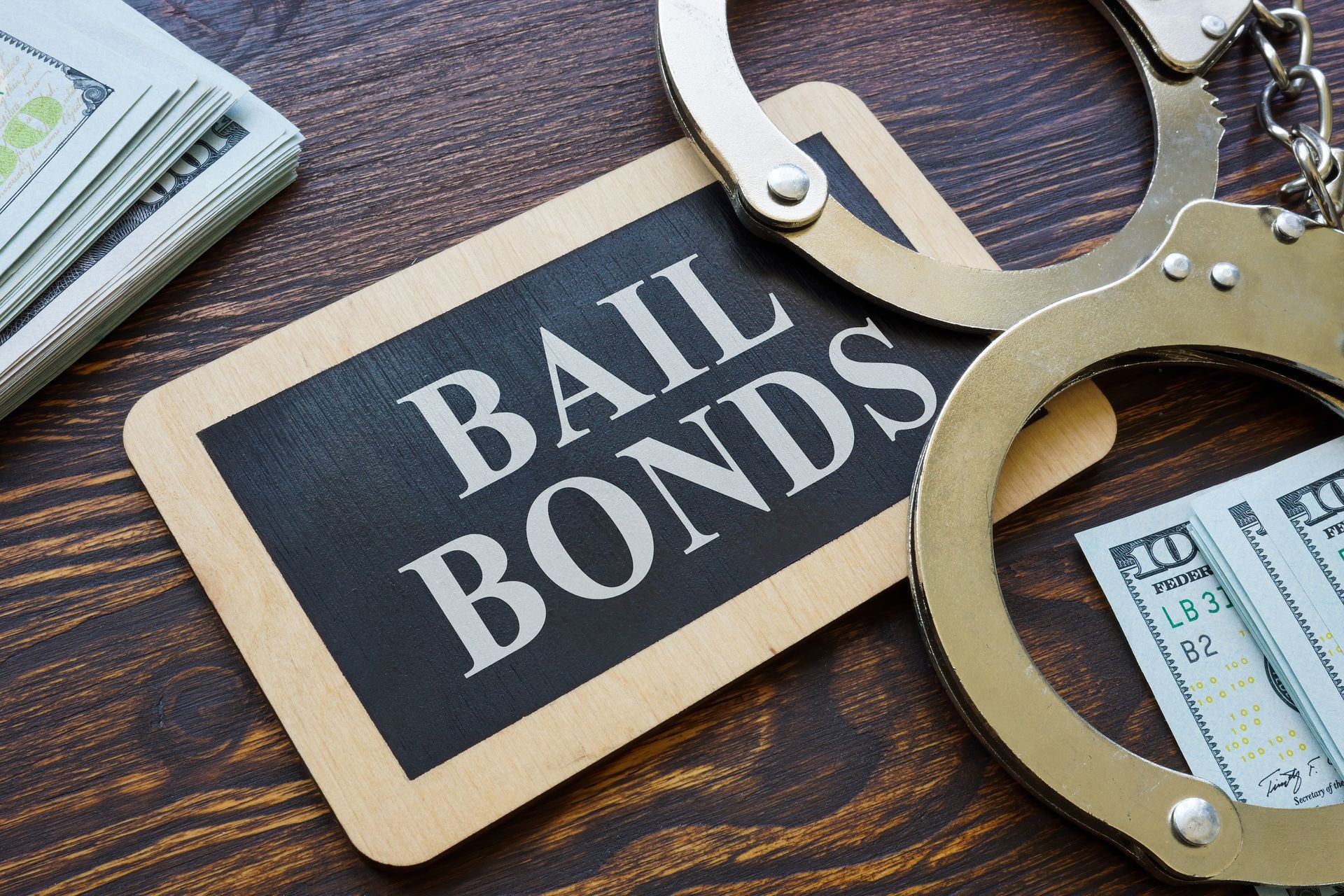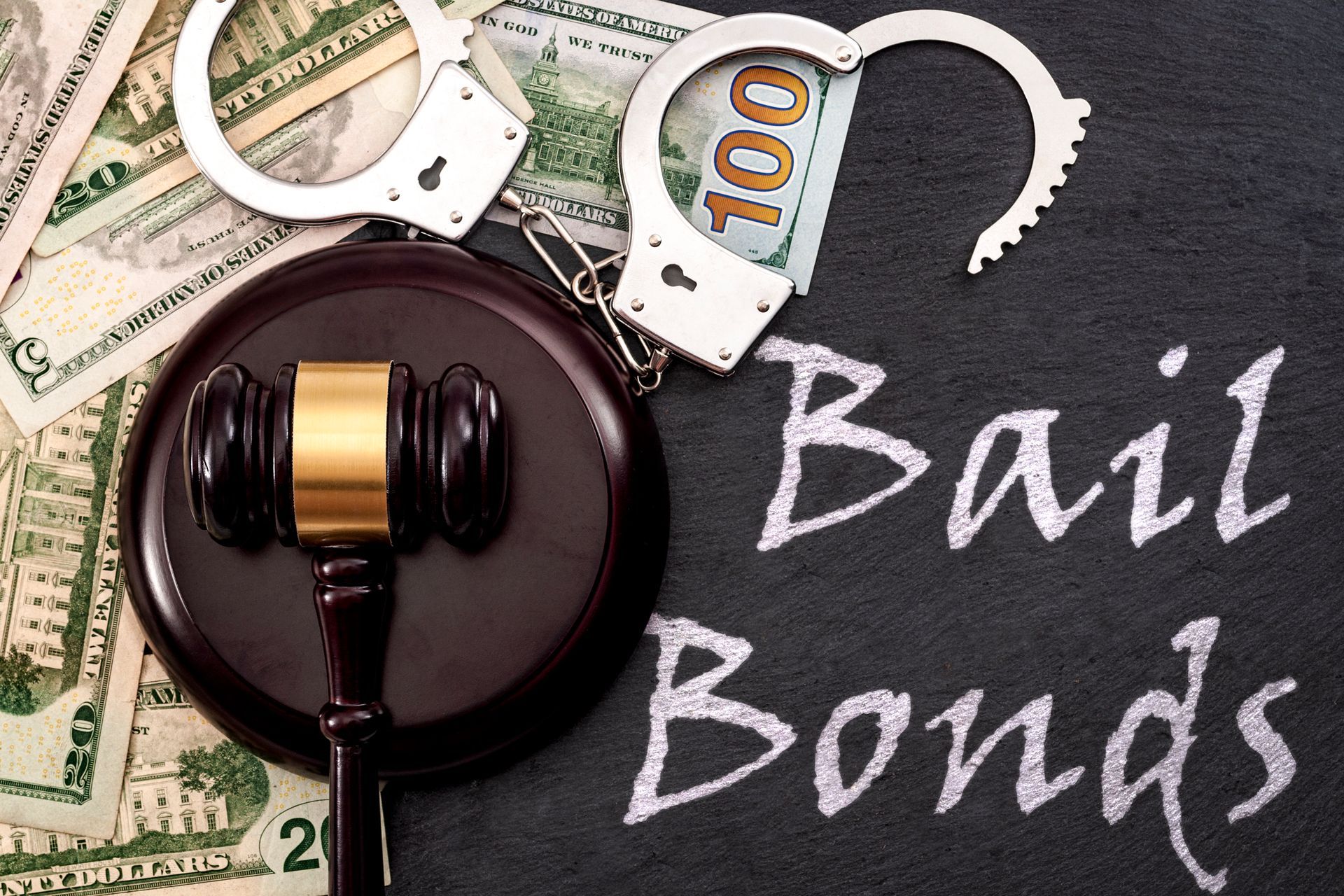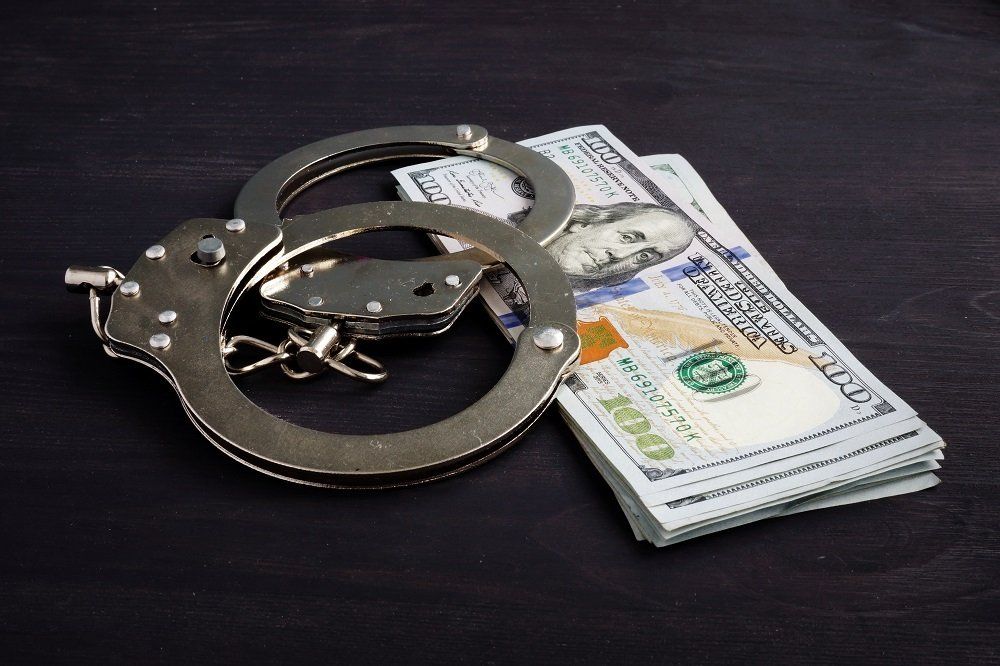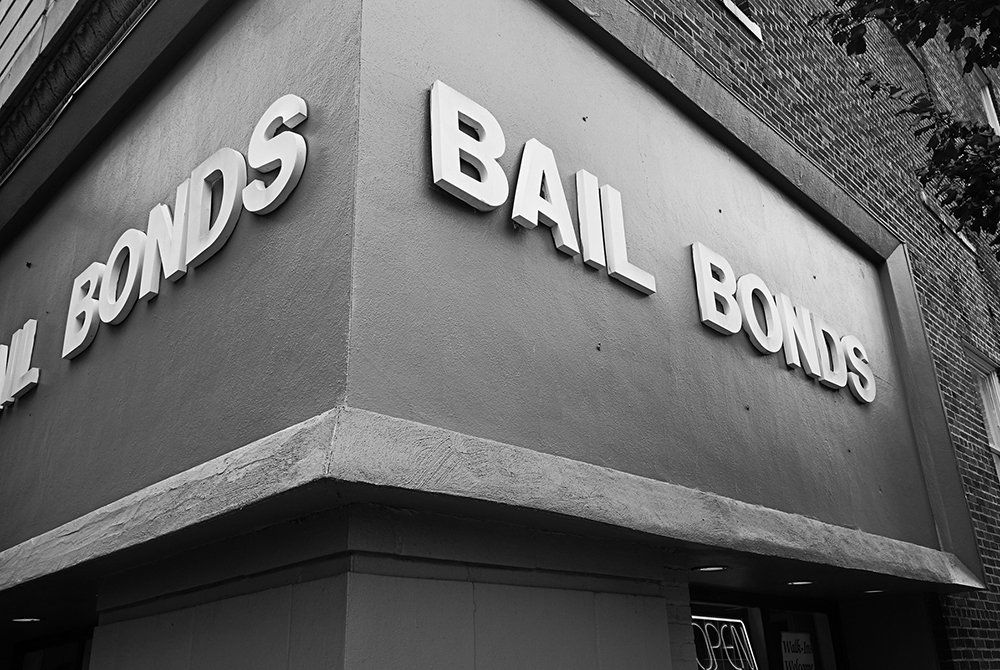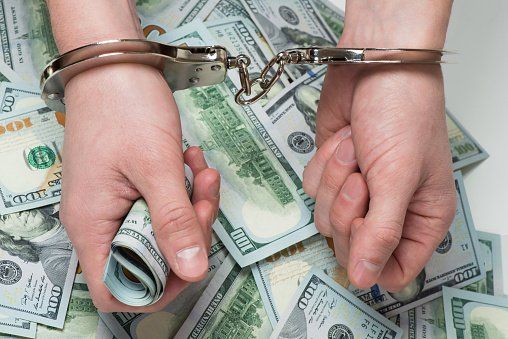5 Commonly Asked Questions Regarding Bail
Getting arrested is a frightening time, especially if you are unfamiliar with the process. Many of your questions may revolve around bail, so if you would like to know more, keep reading to check out these five commonly asked questions regarding bail.
1. Do You Always Need to Post Bail?
If you've been arrested, you may not have to wait to speak to the judge to post bail. Many courts employ officers who help identify people who can be released on their own recognizance (OR). In other words, you don't have to post bail money. Of course, you still have to attend all hearings related to the arrest, or you may be tossed back in jail.
In general, you only qualify for OR release if you are a minimal threat to the community or yourself. The courts may deny OR release simply based on previous criminal activity and your ties to the community. Even if you don't qualify for OR release, you may still qualify to post bail for release.
2. What Types of Bail Are Available?
If you do need to post bail, good news; you can choose from different types of bail. If you happen to have enough money in savings, you can always use a cash bond and pay your bail directly to the courts yourself. If you own a home or other property, you may also offer it to the courts as collateral.
Finally, many people simply don't have enough cash or collateral, so they take out a surety bond with a bail bond agent. For a small fee, the bail bond agent posts your bail and handles all the paperwork to get you out of jail fast.
3. What Are Bail Conditions?
In many cases, when you are released on bail, the courts apply special conditions for you to follow until your hearing. Some conditions are more common than others, such as obeying all laws and not possessing any weapons. However, many conditions are directly related to the crime for which you are accused of.
For example, if you were drunk with a group of friends, and you vandalized a store, part of your release conditions may include not drinking, avoiding that group of friends, and avoiding the place youvandalized. These conditions reduce the risk of you committing another crime by keeping you away from any potential triggers.
4. Is Bail Money Reimbursed?
If you post cash bail or use collateral, and you are found not-guilty or are acquitted of the crime, the courts usually reimburse all the cash or collateral. If you are found guilty or plead guilty, the money or collateral will be returned at your sentencing, but the courts may keep some money to pay for fines, fees, etc. If you do not attend your hearing, the courts will likely keep the money or seize the collateral.
If a bail bond agent posts bail for you, the courts will refund any money they posted for you, and the bail bond agent will return your collateral. However, you will still need to pay the bail bond agent fee.
5. Does Everyone Qualify for Bail?
The courts may deny your bail because you are a threat to the community or you are a flight risk. You may be considered a threat to the community if you committed a particularly violent crime, such as murder, or if you have an extensive criminal history.
You may be considered a flight risk if you have a history of not attending court hearings. The courts will also consider your ties to the community (work, school, family, etc.). The more ties you have, the less likely and less easy it is for you to just pack up your stuff and run. Finally, you may be seen as a flight risk if you have lots of money, especially if you have property or family in other countries.
If you or a loved one have been arrested, bail may be a possibility. If you can't afford bail, bail bond agents are available to provide special surety loans. If you would like to know more, contact us at A-Action Bail Bonds #2 today.

